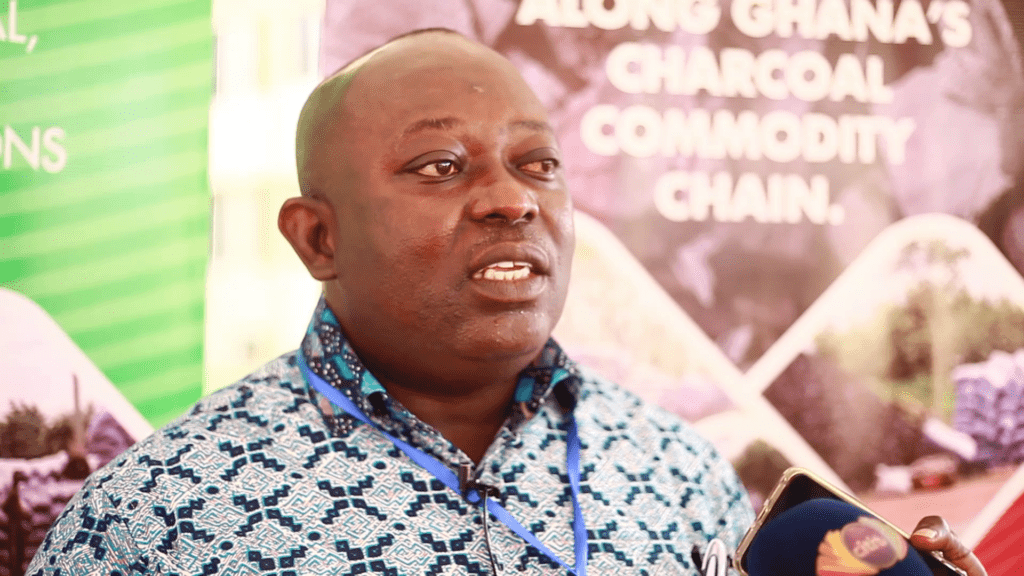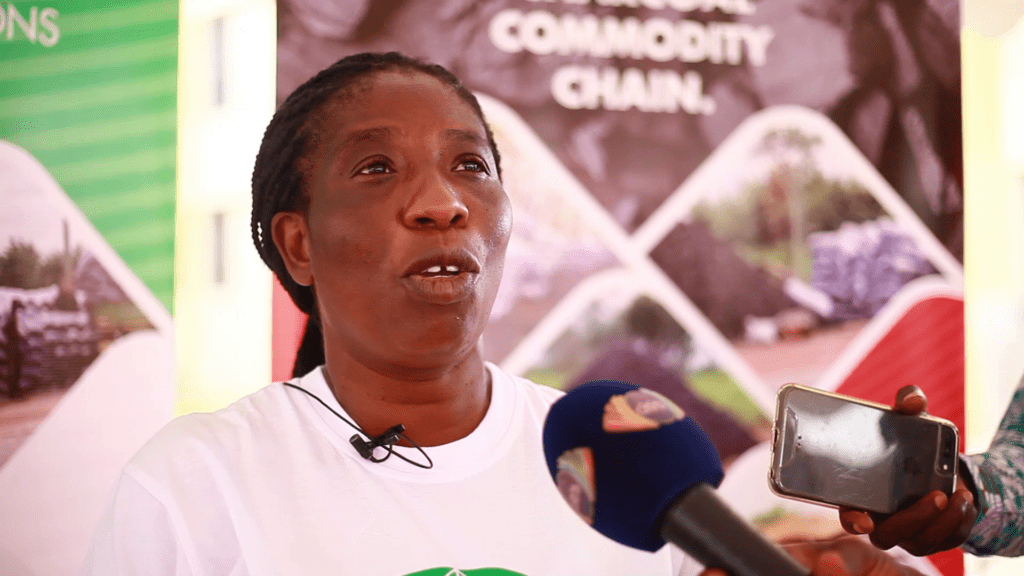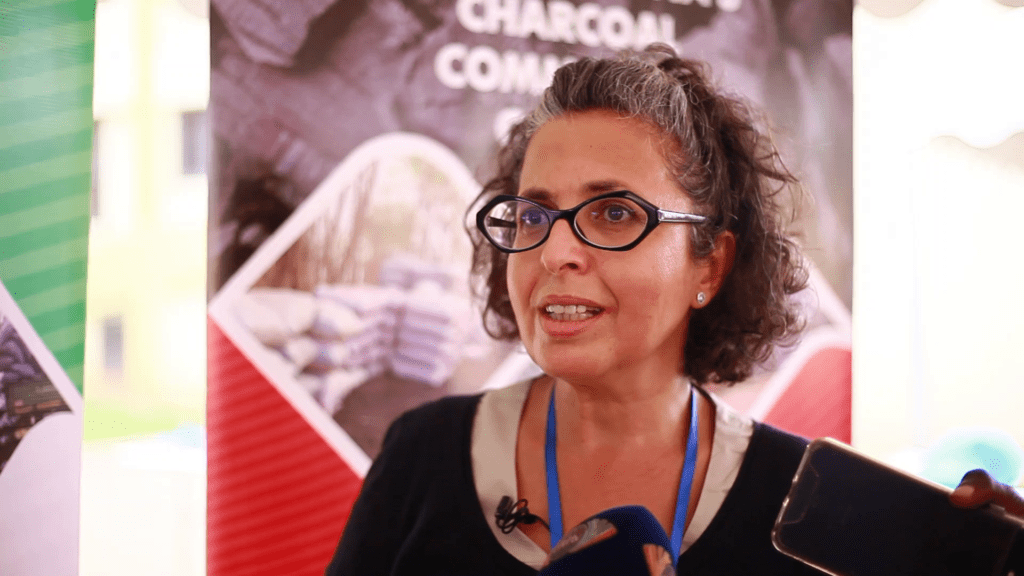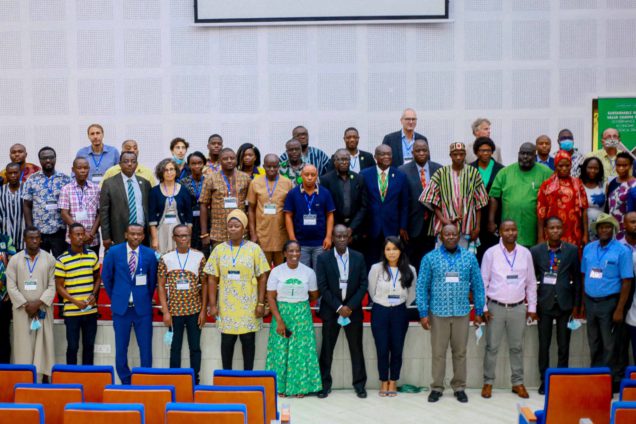
Audio By Carbonatix
About five hundred scientists and researchers are meeting at the KNUST to fashion out ways of enhancing the sustainable production of charcoal across Africa.
The conference is connecting policymakers and the private sector to advocate and explore strategies for scaling up.
Research shows wood fuel constitutes over 70 percent of the energy needs for cooking and heating in sub-Saharan Africa.
Scientists have observed consumption is on the rise, but accessibility to many households is characterized by poor harvesting and processing practices.

Professor Emmanuel Acheampong is the principal investigator of the conference.
“We are looking at ways in which we can enhance the contribution of charcoal to livelihoods while avoiding the undermining of raw materials on which charcoal is based. We need to find innovative ways to produce charcoal”, he said.
He then indicated that “A major solution is for institutions to establish their own woodlots so they can produce charcoal sustainably.”
The Conference's objective is to promote understanding and sharing of knowledge and good practices among scholars and practitioners in the wood fuel sector.

Dr Christian Pilegaard Hansen, from the University of Copenhagen, is the Project Organiser.
He said, “there is a risk for plantation if charcoal production is not done properly. It can dispossess people living on the land for livelihoods.”
“Government institutions like the Ministry of Land and Natural Resources and the Ministry of Energy can formalize the sector to regulate the way charcoal is produced and traded in this country”, he added.
The three-day conference was organized by the University of Copenhagen in partnership with Tropenbos Ghana, KNUST, the UN Food and Agriculture Organization, World Agroforestry and other international agencies.

Director of Tropenbos Ghana, Mercy Owusu-Ansah, said, “all stakeholders in the wood fuel production should come together to push the agenda.”
She said her outfit, “is ensuring leaders are sharing ideas and responding to issues on sustainability.”'

FAO Regional Office representative, Nora Berrahmouni reiterated the need for the forest to be restored.
She says, “restoration is not only at planting but also having good support and formalization of the sector. We must ensure people use the sustainable standard in production, and management of the forests as well as supply.”
Latest Stories
-
Life begins at 40: A reflection on experience and leadership
25 minutes -
Maresca leaves Chelsea after turbulent end to 2025
48 minutes -
NPP still hurting after 2024 loss – Justin Kodua
59 minutes -
Ghana declares war on illegal streaming of pay-TV content
1 hour -
Vice President leads 44th anniversary commemoration of 31st December Revolution
1 hour -
Valencia coach Fernando Martin dies in Indonesia boat accident
1 hour -
Nigeria AG’s intervention brings relief to River Park estate investors – JonahCapital
2 hours -
High number of youth behind bars is a national loss – Ashanti regional prisons commander
2 hours -
Nhyira Aboodoo shifts to monumental projects, injects GH₵270,000 into Ashanti orphanages
2 hours -
Police restores calm after swoop operation at Aboso
2 hours -
Through thick and thin in 2025: KGL Group makes national, global impact
2 hours -
Clean Air Fund sets 2026 targets, pushing gov’t toward funding, tougher laws and real health gains on air pollution
3 hours -
New Year begins with 15.92% water and 9.86% electricity tariff hikes
3 hours -
TUC, PURC call for calm amid power tariff concerns, assure public of stakeholder engagement
3 hours -
New VAT is a game changer for Ghana’s revenue collection – GRA Boss
3 hours

